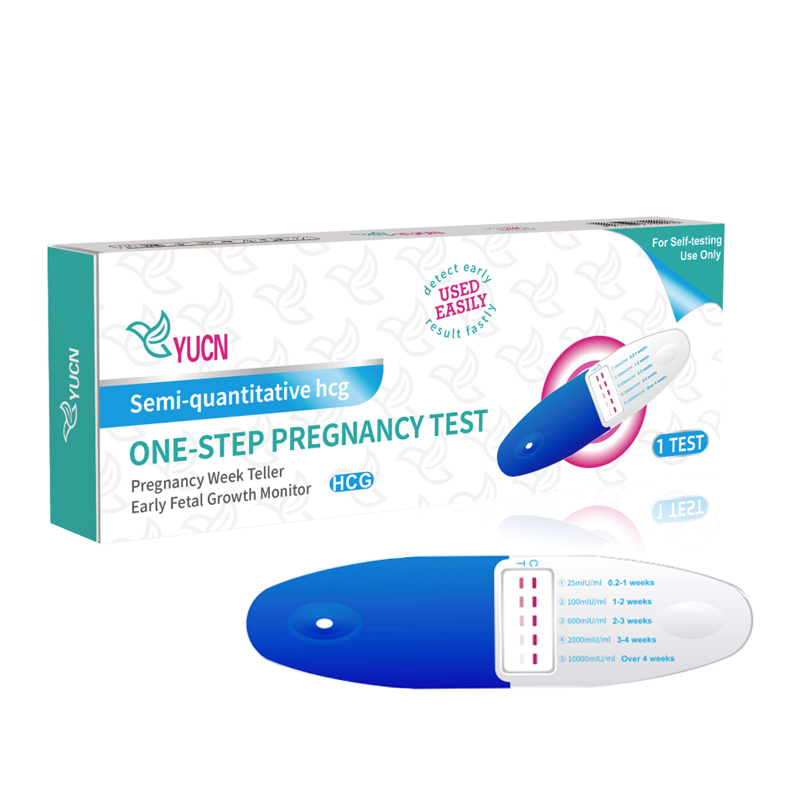Aug . 09, 2024 05:35 Back to list
Finding Reliable Manufacturers for HCV Rapid Test Purchase Options and Recommendations
Understanding HCV Rapid Tests A Guide for Buyers
Hepatitis C virus (HCV) infection poses a significant public health challenge globally, affecting millions of people. With the rise in awareness about the disease and the importance of early diagnosis, the demand for Hepatitis C rapid testing has surged. As a result, numerous manufacturers have emerged in the market, each offering a range of HCV rapid tests. For health professionals and organizations considering the purchase of these tests, understanding the landscape of HCV rapid test manufacturers is crucial.
What Are HCV Rapid Tests?
HCV rapid tests are immunoassays designed to detect antibodies to the Hepatitis C virus in a person's blood. These tests are particularly valuable because they provide quick results, often within minutes, facilitating timely clinical decisions. Rapid tests are critical tools in various settings, from hospitals to community health organizations, especially in resource-limited environments where access to laboratory facilities may be restricted.
Key Considerations for Buyers
When exploring the market for HCV rapid tests, buyers should consider several factors to ensure they select high-quality products
1. Regulatory Approval It is essential to choose tests that have received approval from recognized health authorities, such as the U.S. Food and Drug Administration (FDA) or the World Health Organization (WHO). Such approvals indicate that the tests meet specific safety and efficacy standards.
2. Sensitivity and Specificity The accuracy of an HCV rapid test is largely determined by its sensitivity (the ability to correctly identify those with the infection) and specificity (the ability to correctly identify those without the infection). Buyers should look for tests with high sensitivity and specificity to reduce the risk of false positives and negatives.
buy hcv rapid test manufacturers

3. Ease of Use HCV rapid tests should be user-friendly, requiring minimal training for those conducting the test. This is particularly important in non-clinical settings or among personnel with limited medical training. Tests that come with clear instructions and provide visual results are often preferred.
4. Quality Assurance and Support A reputable manufacturer will provide robust quality assurance protocols and customer support. Buyers should seek manufacturers who can offer reliable after-sales support, including training, troubleshooting, and technical assistance.
5. Pricing and Volume Discounts Cost is always a considerative factor. Buyers should compare prices among different manufacturers but also take into account bulk purchasing discounts, especially if they plan to order large quantities.
Leading Manufacturers in the Market
Several manufacturers are recognized for producing high-quality HCV rapid tests. Companies like Abbott, Roche, and OraSure Technologies have established a strong reputation in the medical diagnostics field, providing reliable products that comply with international standards. Additionally, emerging manufacturers in various regions may offer competitive pricing and innovative technologies. It’s advisable for buyers to conduct thorough research, including reviews and testimonials, to gauge the reliability of newer manufacturers.
Conclusion
Choosing the right HCV rapid test manufacturer is a critical decision that can impact patient outcomes and public health efforts. By considering factors such as regulatory approval, test accuracy, usability, and manufacturer support, buyers can make informed choices tailored to their specific needs. As the landscape of Hepatitis C testing continues to evolve, staying informed about the latest advancements and products in the market will help healthcare providers offer effective and timely care for those at risk of HCV infection. Investing in high-quality rapid tests not only promotes better health outcomes but also plays a vital role in controlling the spread of Hepatitis C globally.
-
Malaria Pf Ag Rapid Test Kit - Quick & Accurate Detection
NewsAug.11,2025
-
Accurate Cardiac Marker CK-MB Rapid Test for Quick Results
NewsAug.10,2025
-
Premium Empty ABS Plastic Cassette for Test Strips
NewsAug.09,2025
-
Sterile Urine Cup: Accurate Specimen Collection for Labs & Home
NewsAug.08,2025
-
Malaria Pf/Pan Ag Rapid Test Kit for Fast, Accurate Diagnosis
NewsAug.07,2025
-
Rapid Canine Corona Test: Fast & Accurate Results
NewsAug.06,2025

